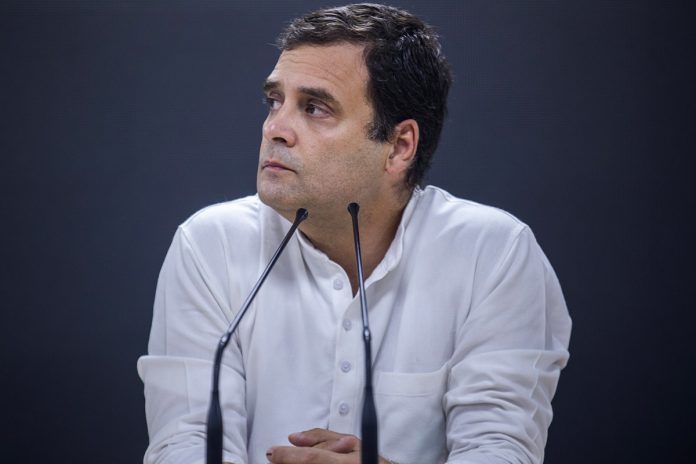Bengaluru: Congress leader Rahul Gandhi is set to appear before a special court in Bengaluru on Friday, June 7, in connection with a defamation case filed by the Karnataka Bharatiya Janata Party (BJP) over allegedly defamatory advertisements published in mainstream newspapers. Rahul Gandhi was seen at the Delhi airport early in the morning, heading to Bengaluru.
The court has summoned Rahul Gandhi on June 7 regarding the defamation lawsuit initiated by the Karnataka BJP, which alleges that defamatory advertisements were published in major newspapers ahead of the 2023 state assembly election.
Rahul Gandhi is scheduled to appear before the City Civil Court at 10:30 am. Following his court appearance, he will meet with the newly elected Congress MPs from the state and the defeated candidates at Bharat Jodo Bhavan on Queens Road at 11:30 am. Chief Minister Siddaramaiah and Deputy Chief Minister and KPCC President DK Shivakumar will also attend, according to the state Congress unit.
Case Background: The defamation case revolves around an advertisement published before last year’s assembly polls, accusing the BJP government in Karnataka of widespread corruption during its 2019-2023 term. The BJP’s complaint, filed in June 2023, asserts that false and reckless allegations were made in ads published on May 5, 2023, in major Karnataka newspapers. These ads, titled “Corruption rate card,” accused the BJP’s Basavaraj Bommai government of being a “40 per cent Commission Sarkar (government).”
The complaint names the Karnataka Pradesh Congress Committee, through its president Shivakumar and Siddaramaiah, the then Leader of the Opposition in the legislative assembly, as responsible for issuing the ads. It also notes that Rahul Gandhi shared this “defamatory advertisement” on his social media account on X.
On June 1, the court granted bail to Siddaramaiah and Shivakumar after they appeared in connection with the case. Judge K N Shivakumar set June 7 for Rahul Gandhi’s personal appearance. During the hearing, Gandhi’s counsel requested an exemption from appearance, which the complainant’s side opposed, arguing against repeated exemptions.

